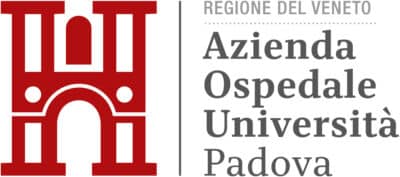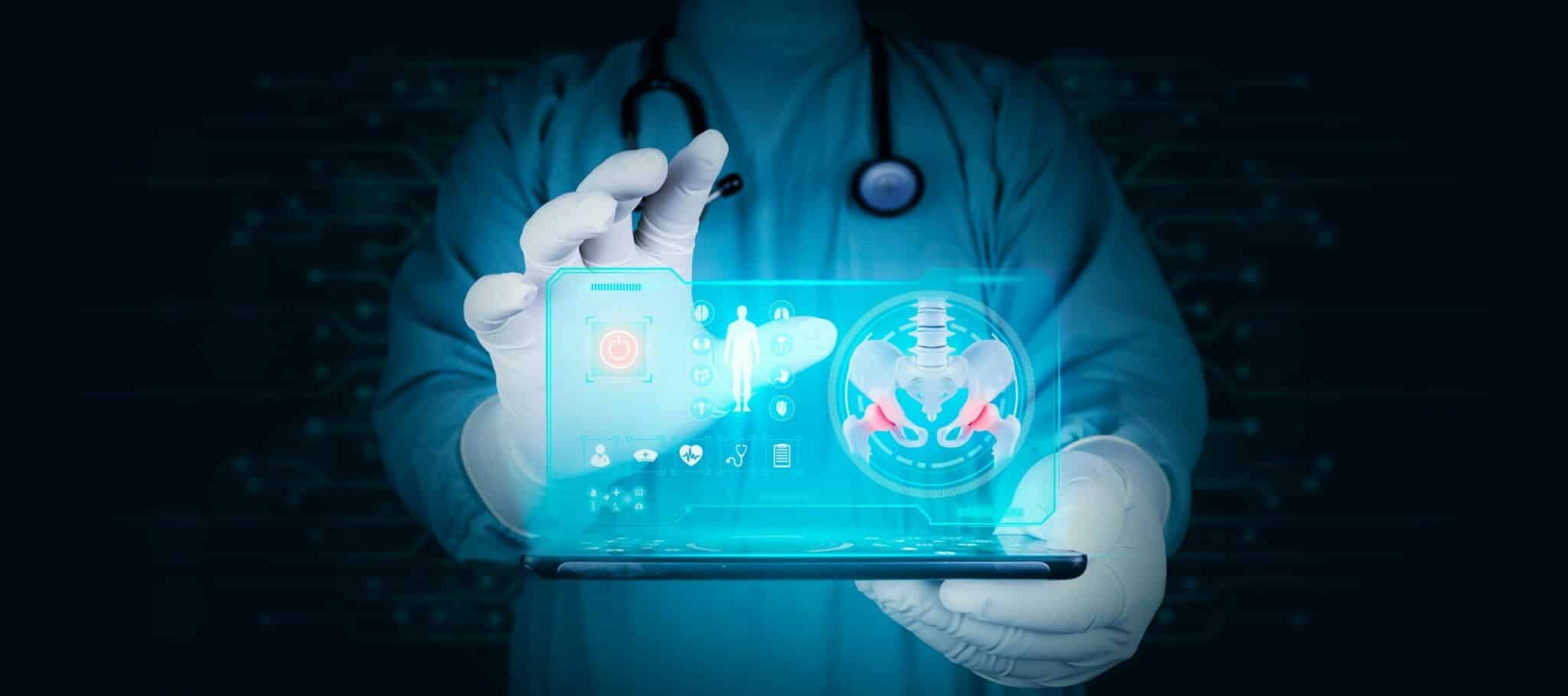

The Course in Instrumental and Lab Tests for Arthropathies is designed to train rheumatologists, physiatrists, orthopedists, general practitioners, sports medicine physicians, and radiologists by deepening their clinical-instrumental understanding of rheumatologic diseases.
The aim of the course is to train and update medical professionals interested in osteoarticular pathologies.
Particular focus is placed on diagnostic assessment and interventional procedures, including joint aspiration (arthrocentesis), synovial biopsy with histological evaluation, and synovial fluid analysis.
The Course in Instrumental and Lab Tests for Arthropathies includes the acquisition of cross-disciplinary skills in the clinical-diagnostic evaluation of patients with rheumatologic diseases involving the joints.
The course provides specific expertise in identifying the pathophysiological mechanisms of joint diseases, recognizing and evaluating early clinical signs, using instrumental diagnostics, and promoting multidisciplinary collaboration for conditions that require the involvement of multiple specialties—particularly multifactorial diseases.
The Course in Instrumental and Lab Tests for Arthropathies targets medical specialists such as rheumatologists, physiatrists, orthopedists, general practitioners, sports medicine doctors, and radiologists.
This training program can be valuable in introducing physicians from different backgrounds to diagnostic tools and procedures that enhance the diagnostic accuracy of both early-stage inflammatory diseases and degenerative disorders.
Graduates of the course may find employment in outpatient clinics, hospitals, and/or university-affiliated healthcare institutions.
The Course in Instrumental and Lab Tests for Arthropathies
includes training on the following subjects:
MODULE 1 – PATHOLOGICAL ANATOMY
-
Anatomy of joint structures and pathological processes affecting joints
MODULE 2 – IMAGING DIAGNOSTICS
Overview of instrumental investigations relevant to the diagnostic assessment of joint diseases:
-
X-ray: Evaluation of bony articular structures; definition of features and distribution patterns associated with inflammatory/degenerative joint disease affecting cartilage/bone tissues
-
CT Scan: High-resolution bone imaging and cross-sectional views of bony structures; technique demonstrations and pathological case illustrations; guided CT indications for arthrocentesis and injections in specific anatomical locations
-
MRI: Evaluation of early-stage disease and inflammatory damage; imaging of joint structures in multiple planes and axes; highly sensitive modality useful for difficult-to-assess areas
-
Ultrasound: Assessment of articular and periarticular soft tissues and early alterations in rheumatologic diseases; essential for interventional/invasive procedures such as ultrasound-guided injections and arthrocentesis, especially for small joints and peritendinous areas
MODULE 3 – BONE DENSITOMETRY
Evaluation of bone involvement due to inflammation or demineralization; differential diagnostic patterns
MODULE 4 – NUCLEAR MEDICINE
Assessment of the musculoskeletal system and differential diagnosis
MODULE 5 – IMMUNOPATHOLOGICAL TESTING FOR THERAPEUTIC DECISION-MAKING
Synovial joint biopsy and liquid biopsy (synovial fluid analysis)
The Course in Instrumental and Lab Tests for Arthropathies is delivered through a mix of teaching formats.
The first format consists of in-person lectures covering anatomy, rheumatologic pathology, and instrumental diagnostics.
The second includes clinical internships with hands-on practice on patients and cadavers.
The third format consists of lab-based training, particularly focused on synovial fluid analysis.
Throughout the course, participants will attend scheduled clinical and laboratory sessions at affiliated facilities.
The general ranking of merit for the academic year 2025/26 will be published on the Italian page of this Course according to the timing provided in the Call.
Information
FAQ
The course includes in-person lectures held at the teaching hall of the Rheumatology Unit at the University Hospital of Padua.
Lectures will take place on Friday afternoons, twice a month.
Hands-on clinical internships with patients and lab sessions will be scheduled on dates announced at the beginning of the course.
The lab portion includes being able to analyse a sample of synovial liquid and interpret its results.
It includes procedures such as joint aspiration (arthrocentesis) and ultrasound-guided injections, which are highly useful in clinical practice.

